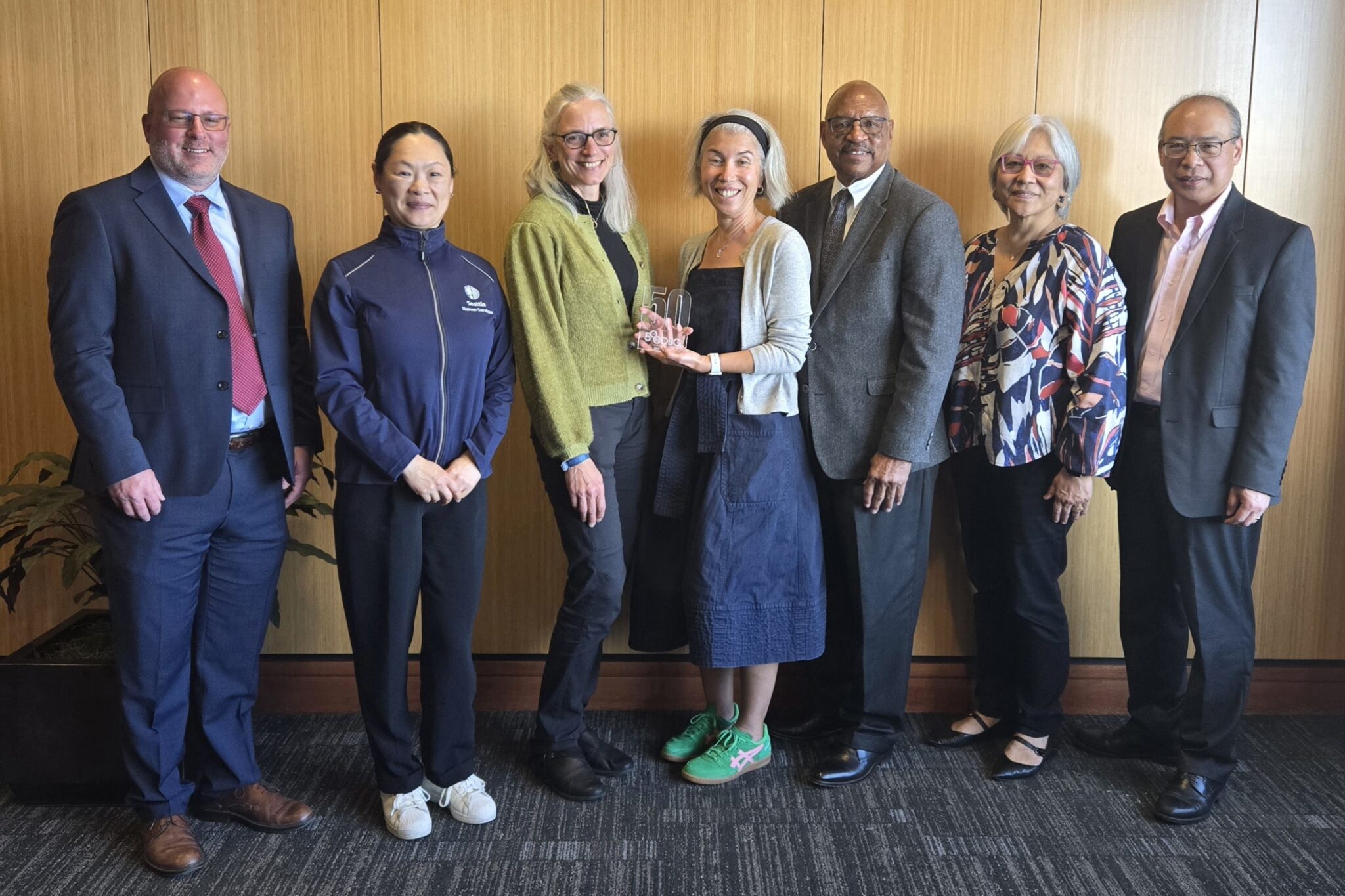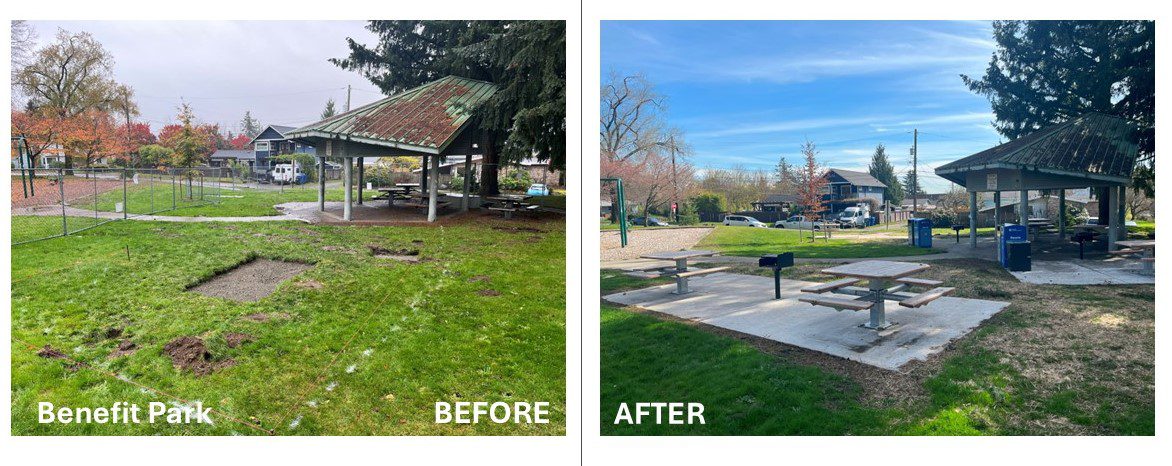We’re celebrating National Community Development Week by shining a light on the good work made possible by the federal Community Development Block Grant (CDBG) program, raising awareness about the federal support that makes these unique local investments possible.
At a time when federal funding is under increased scrutiny in Washington, D.C., we’re proud to promote the successful Seattle projects, programs, and services that are meeting the needs of Seattle residents with these critical funds. From housing repairs for older adults to job training for immigrants, CDBG funding helps us move closer to our goal of a more inclusive, accessible city.
What is CDBG
Signed into law by President Gerald Ford in 1974, CDBG consolidated multiple federal programs into a single funding stream, empowering local governments to respond to the unique needs of their communities. Administered by the U.S. Department of Housing and Urban Development (HUD), 2025 marks the program’s 51st year, and we’re celebrating by highlighting some of the ways these dollars work for Seattle.
Seattle received over $9 million in CDBG funds in 2024. The Human Services Department (HSD) is honored to administer these funds and ensure they directly benefit low- and moderate-income residents across our city. As part of the CDBG 50th anniversary, HUD recognized the City of Seattle with an award for our work with the Rainier Valley Community Development Fund for excellence in community development work.
CDBG in Action Across Seattle
CDBG’s flexibility is one of its greatest strengths. It serves as a powerful tool to leverage other public and private investments, fill funding gaps, and support critical services. Here’s how CDBG is creating positive change across Seattle:
- Improving Access to Jobs: The Ready to Work program, led by the Seattle Office of Immigrant & Refugee Affairs, helps immigrants and refugees improve their English language skills, build digital and financial literacy, and prepare for meaningful employment.
- Preserving Housing Independence: HSD’s Minor Home Repair program, provided by Sound Generations, helps low-income homeowners—especially older adults and people with disabilities—make critical repairs to remain safely in their homes, increase their independence, and maintain accessibility to the communities around them.
- Expanding Opioid Recovery Services: DESC is using HSD-awarded CDBG funding to construct an Opioid Recovery & Care Access (ORCA) Center downtown—set to open later this year.
- Supporting Small Businesses: The Tenant Improvement Program, led by Seattle Office of Economic Development, supports small business owners at critical stages of development, whether seeking their first physical location, in need of storefront improvements, or for expansion.
- Enhancing Public Spaces: Last year, Seattle Parks and Recreation completed accessibility improvements at seven parks throughout the City, including NE 60th Street Park just off the I-5 corridor in the North end, Benefit Park and Playground in South Seattle, Roxhill Park in West Seattle, and Van Asselt Park on Beacon Hill.
Thank You to Our Partners
None of this work would be possible without the longtime partnership and support of the Seattle HUD Field Office and our many local partners, including City departments and regional agencies. Together we’re building a more resilient city, project by project, block by block.
What People Are Saying
“We see people every day wanting treatment for opioid use disorder,” said Daniel Malone, Executive Director of DESC. “The new ORCA Center with major capital and operating funds from the City in addition to other sources will significantly expand our ability to provide treatment to many more people who need and want it, especially in the often-delicate moments following an overdose.”
“I have been a recipient of the services of Minor Home Repairs and am so pleased with the work I have received on several projects,” shared Bessie Stills. “The workers with whom I have been in contact (Patrick, Julius, Wayne and Fausto) are very professional, as well as thorough, kind, friendly and courteous.”
Ron Muir also had a positive experience having a critical minor home repair addressed. Minor Home Repairs “did a quick and dirty job on the shower. No leaks. Thanks for setting this up. We pulled it off. Water is back on in the building, and I don’t think the other residents were inconvenienced. What more can you ask for?”
“Mr. Kong Fanping joined the Ready to Work program in 2024 and shared his life experiences with the staff,” said program provider Asian Counseling and Referral Services (ACRS). “With the help of his caseworker and staff at Seattle Central College, they were able to install an exhibit of his artwork at M. Rosetta Hunter Art Gallery at Seattle Central.”
“Mr. Fanping’s art is influenced by the lush colors and varied landscapes that took his breath away in California, Arizona, and Washington,” shared the Office of Immigrant and Refugee Affairs on social media. “We loved to see the intercultural and intergenerational connections made within Mr. Fanping’s Ready to Work class!”


